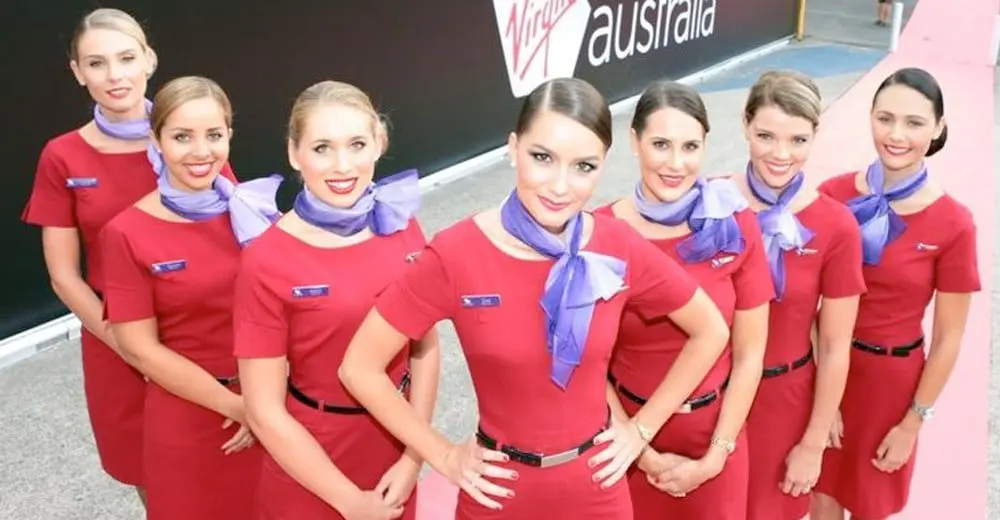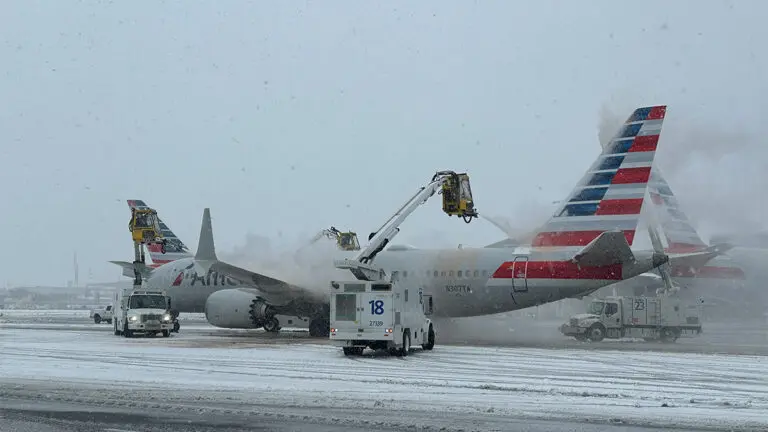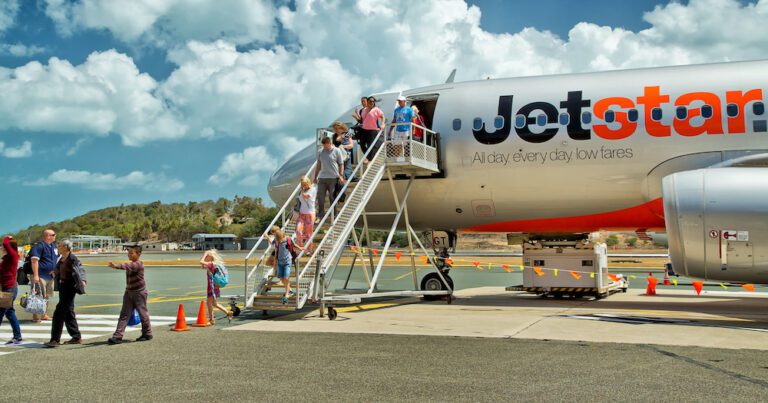Virgin Australia’s ambitious cost-cutting plan is working more efficiently than expected, with the airline now predicting profits by as soon as next year.
The announcement comes after the airline reported an Underlying Loss Before Tax of $49 million for the year ending 30 June 2015.
The figure was a drastic improvement on the $211.7 million loss reported during the prior year.
According to CEO, John Borghetti, the reduction in losses was driven by the decline in oil prices, which led to a benefit of $60 million for Virgin, as well as the group’s ‘$1 billion cost reduction program’.
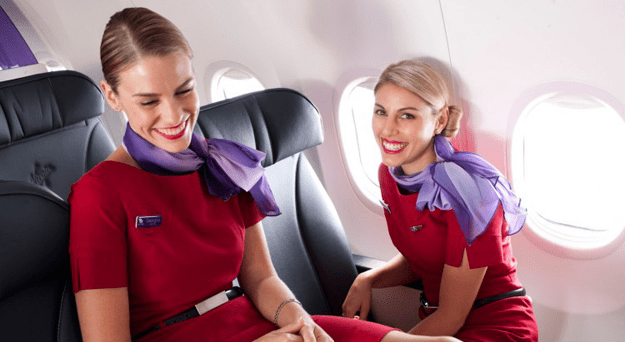
The program included major cost reduction initiatives such as the A330 fleet revitalisation and sales channel optimisation to deliver a target of $1 billion cumulative savings by the end of financial year 2017.
However, Borghetti said the airline group is well ahead of its target and is expected to achieve in excess of $1.2 billion by the same period.
“The Virgin Australia Group has delivered a significant improvement in performance for the 2015 financial year, which reflects the positive trajectory of the overall business.”
John Borghetti, Virgin Australia CEO
Virgin Australia’s domestic operations saw an improvement of $210.1 million on the prior corresponding period to reach an underlying EBIT of $111.1 million.
The airline welcome 1.3 percent more domestic travellers, which Virgin says was driven by corporate and government, charter, inline and codeshare agreements.
Virgin Australia’s international business reached an underlying EBIT loss of $68.9 million – a decline of $22.8 million on the corresponding period.
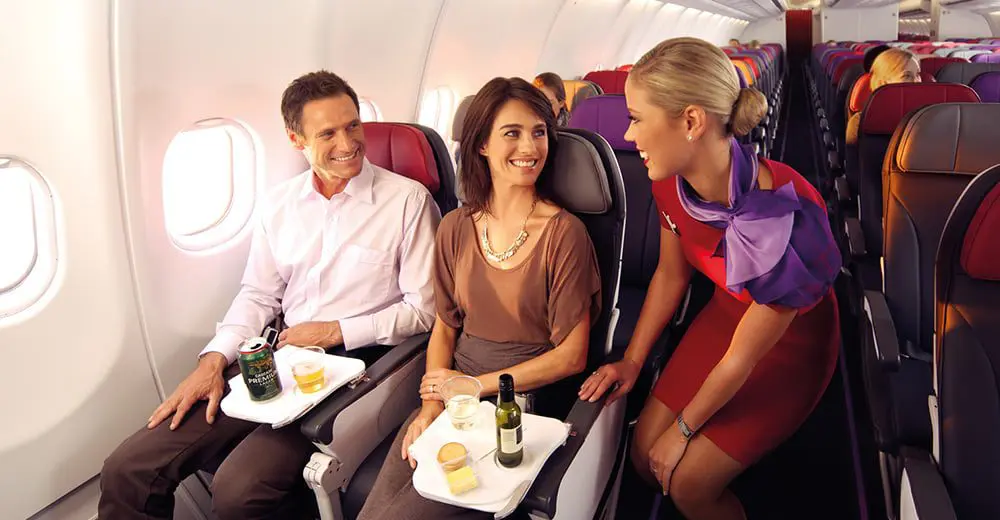
International revenue decreased by 3.3 percent compared to the 2014 financial period, while capacity dropped 0.4 percent.
The airline cited increased competitive pressure, particularly in Southeast Asia, for the loss in business.
Hoping to improve overseas performance, Virgin has started rolling out Business Class on Tasman and Pacific routes, while consolidating other services.
Last week, the airline also announced it was offloading its premium flights to Bali to budget carrier, Tigerair.
This would help the airline compete with major competitor, Jetstar.

